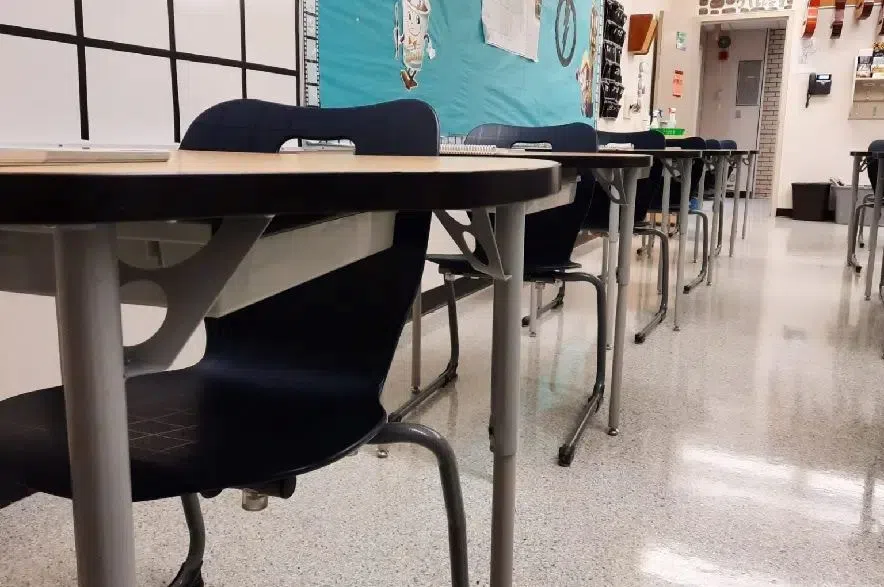When someone is hurt at work, there is a duty for the employer to accommodate them so they can get back to work.
That’s the main point from Sean Tucker, a professor who teaches about occupational health and safety at the University of Regina.
Tucker has taken a look at the information available on the case of Brooke Breti, a Saskatchewan teacher who suffers from PTSD after an incident at work, and was denied long-term disability.
Breti’s situation is a bit different than normal. Because she’s a teacher, Breti’s disability case went through the Saskatchewan Teachers’ Federation (STF) instead of the Workers’ Compensation Board (WCB).
Tucker said it’s somewhat unique in Canada; he doesn’t know any other jurisdiction where this is the case for teachers.
The STF declined to comment or offer explanation for the original story about Breti, but did offer some clarity to Tucker about its process.
Breti had raised concerns that she didn’t feel support from her union, and that she only felt pressure to get back to work.
Tucker said it was explained to him that the STF has a separation between the disability team and the union representation provided to the member – something that makes sense to him. Unions will have some experience in representing multiple interests, such as in the case of a grievance between two members.
“That, in some ways, goes to this general principle of duty of fair representation that unions have to their members,” said Tucker.
But Tucker said he wouldn’t be able to speak to how well it worked in Breti’s case.
When one thinks of a disability claim, they’re likely thinking of a physical injury, but Breti’s injury was mental, which she said was hard to navigate.
Tucker said the adjudication of mental injury claims can be different because the kinds of restrictions a person would have could look different. There have been a lot of changes in the law and changes in expectations and acceptance in the workplace, according to Tucker, but he said there’s still a lot of work to do.
Ultimately, when it comes to a disability, Tucker said there’s a responsibility for the employer to figure out how to accommodate the employee so they can get back to work.
“It’s really important in these cases for employers, the workers themselves and unions to be involved in trying to reach a reasonable accommodation, and if an accommodation doesn’t work, to try a different accommodation,” explained Tucker.
That is exactly what Tucker would recommend in this case, given that Breti has said she would be willing to try getting back to working by teaching online, not in a classroom. She said no accommodations or positions had been provided.
Breti has taken the STF to court over the denial of benefits, but Tucker thinks the two sides — along with the school division and the Saskatchewan Distance Learning Centre (DLC) which runs online learning in the province — should step back and try to find a solution together.
“It would be, I think, more fruitful at this point, to make an attempt to try for an accommodation,” suggested Tucker.
“The school division, as the employer, may have to do some different things and work with this Distance Learning Centre on a solution, an attempt at an accommodation, and give that opportunity to the teacher, and see how it goes.”











